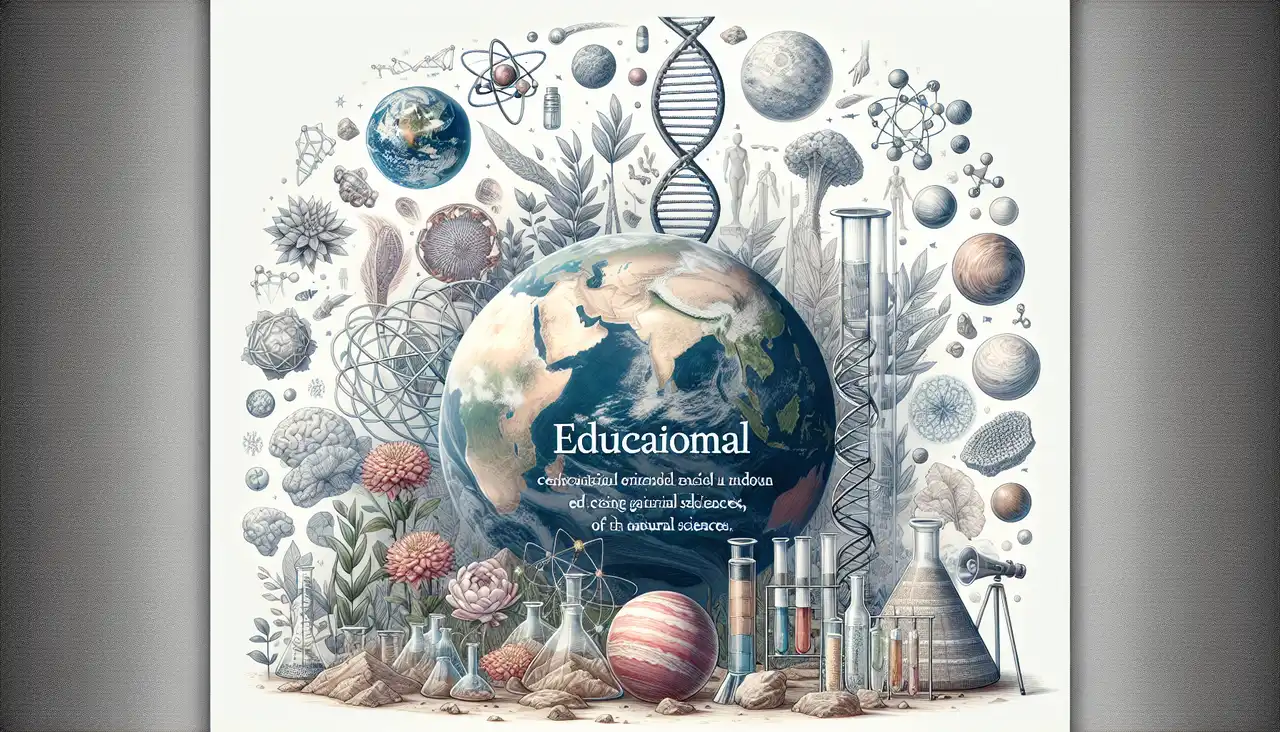

Manabu Kurokawa
Dr. Manabu Kurokawa is an esteemed Associate Professor in the Department of Biological Sciences at Kent State University, where he has been contributing significantly to the field of cancer biology. Hailing from Japan, Dr. Kurokawa embarked on his academic journey with a Bachelor of Veterinary Medicine from Hokkaido University. He further honed his expertise by completing a Ph.D. at the University of Massachusetts Amherst, where he developed a keen interest in the molecular intricacies of cancer. Dr. Kurokawa's research is primarily centered on unraveling the molecular mechanisms underlying cancer development and drug resistance. His work is particularly focused on the ubiquitin E3 ligase HUWE1, a critical player in cancer and other diseases. By exploring the regulation of lipid metabolism in tumor development, Dr. Kurokawa aims to uncover novel insights that could pave the way for innovative therapeutic strategies. With a prolific academic career, Dr. Kurokawa has authored over 40 peer-reviewed articles and book chapters, contributing valuable knowledge to the scientific community. His research has garnered support from prestigious organizations such as the National Cancer Institute and the American Cancer Society, underscoring the significance and impact of his work. In his laboratory, Dr. Kurokawa employs cutting-edge molecular techniques and novel mouse models to address pressing questions in cancer biology. His dedication to advancing the understanding of cancer mechanisms is evident in his meticulous approach to research and his commitment to mentoring the next generation of scientists. Beyond his research endeavors, Dr. Kurokawa is actively involved in academic service and collaboration, fostering a dynamic environment for scientific inquiry and innovation. His contributions to the field of cancer biology continue to inspire colleagues and students alike, making him a respected figure in the scientific community.